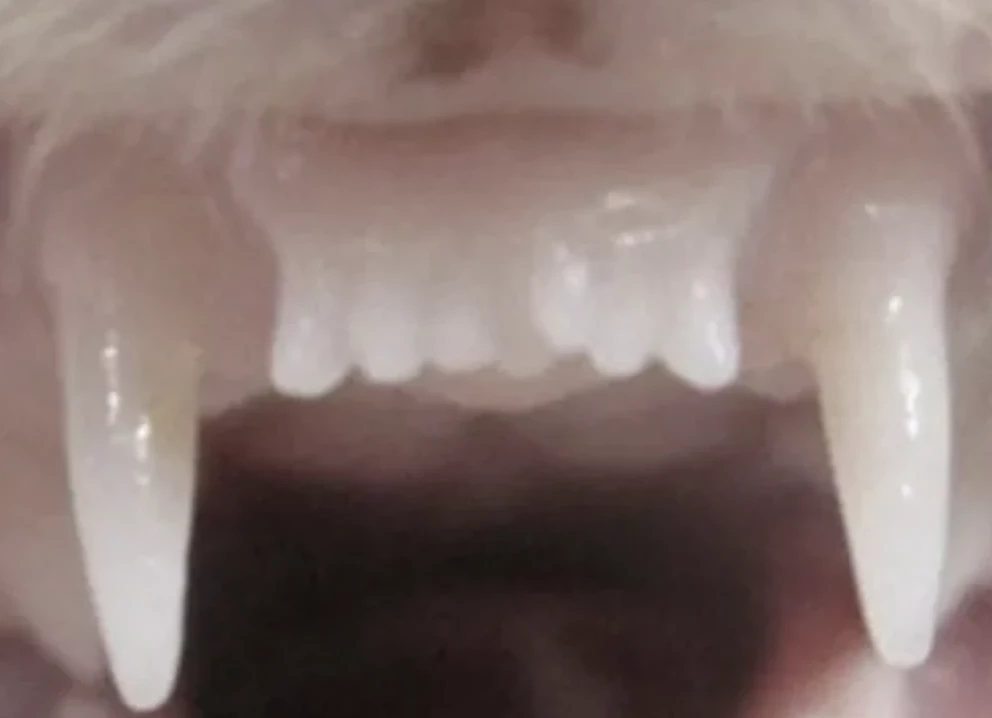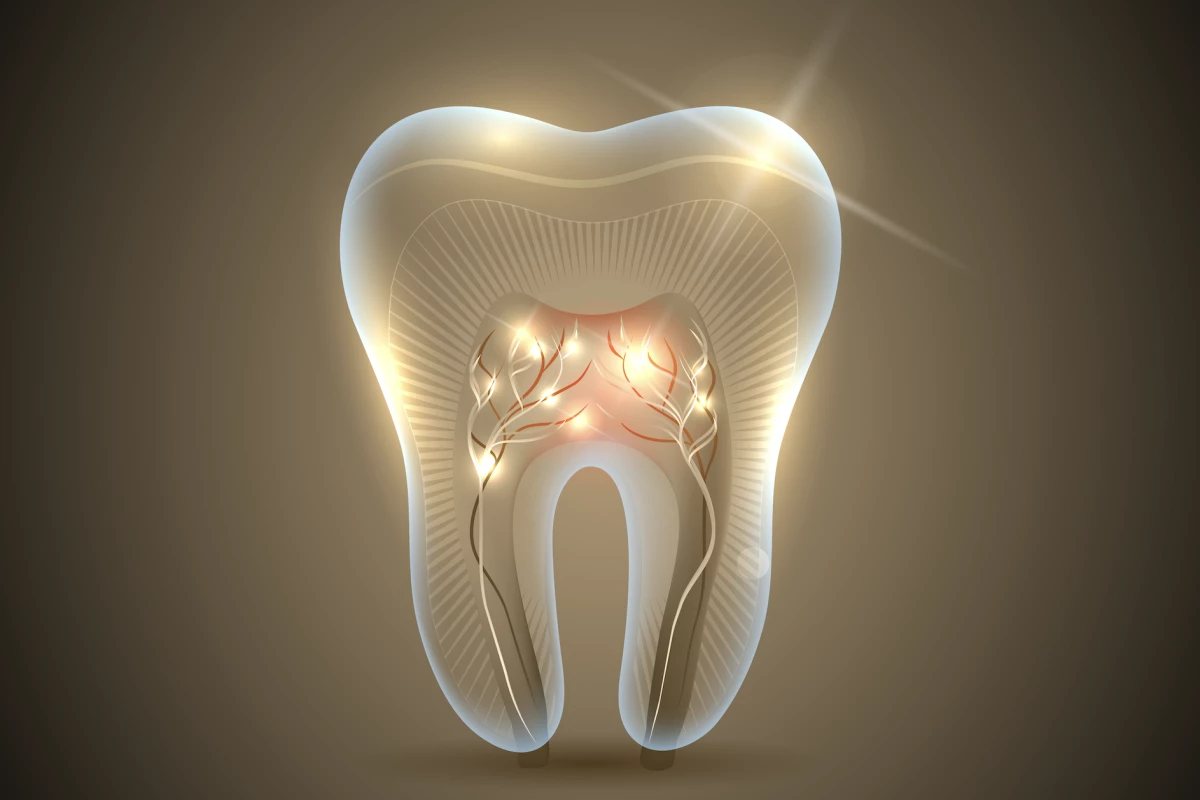The world's first human trial of a drug that can regenerate teeth will begin in a few months, less than a year on from news of its success in animals. This paves the way for the medicine to be commercially available as early as 2030.
The trial, which will take place at Kyoto University Hospital from September to August 2025, will treat 30 males aged 30-64 who are missing at least one molar. The intravenous treatment will be tested for its efficacy on human dentition, after it successfully grew new teeth in ferret and mouse models with no significant side effects.
"We want to do something to help those who are suffering from tooth loss or absence," said lead researcher Katsu Takahashi, head of dentistry and oral surgery at Kitano Hospital. "While there has been no treatment to date providing a permanent cure, we feel that people's expectations for tooth growth are high."
Following this 11-month first stage, the researchers will then trial the drug on patients aged 2-7 who are missing at least four teeth due to congenital tooth deficiency, which is estimated to affect 1% of people. The team is recruiting for this Phase IIa trial now.
Researchers are then looking at expanding the trial to those with partial edentulism, or people missing one to five permanent teeth due to environmental factors. The incidence of this varies from country to country, but it's estimated around 5% of Americans are missing teeth, with a much higher incidence among older adults.
The medicine itself deactivates the uterine sensitization-associated gene-1 (USAG-1) protein, which suppresses tooth growth. As we reported in 2023, blocking USAG-1's interaction with other proteins encourages bone morphogenetic protein (BMP) signaling, which triggers new bone to generate.

It resulted in new teeth emerging in the mouths of mice and ferrets, species that share close to the same USAG-1 properties as humans.
"The USAG-1 protein has a high amino acid homology of 97% between different animal species, including humans, mice, and beagles," the researchers noted. However, there's no word on a beagle trial just yet…
Molecular biologist and dentist Takahashi has been working on tooth regeneration since 2005, and hopes this treatment won't just be for congenital dental conditions but for anyone who has lost teeth, at any age.
Research news
— Kyoto University (@KyotoU_News) April 13, 2021
New drug to regenerate lost teethhttps://t.co/qisOck4zt2#kyotouniversity #kyoto #japan #research #teeth
If successful, this therapy could be available to patients with any permanently missing teeth within six years.
Sources: Kitano Hospital, The Mainichi





